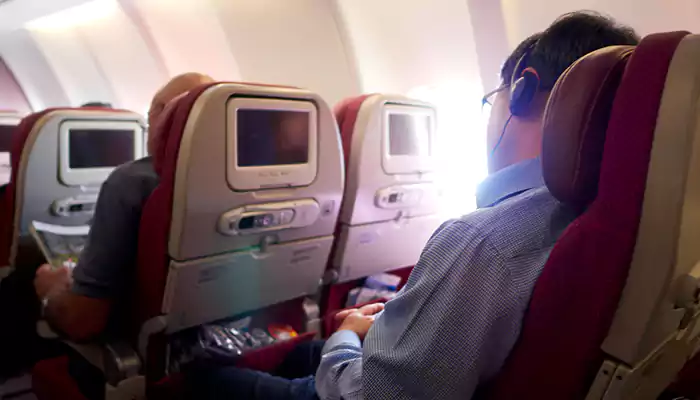
How To Beat Long Haul Flight Fatigue
Short flights pose a little health risk, but long-haul flights are another matter. If you've ever done it before, you know the feeling of utter exhaustion upon de-boarding the plane.
Flight weariness is real, but there are steps you can do to help your body recover. Although these changes seem little, they can have a significant effect on your health. Because information is useless until it is put to use, you should take 10–15 minutes out of your day while you are packing for your trip to focus on your health and make some preliminary plans.
Don't deprive your body of the nutrients it needs
Most airplane fare is designed to keep you from becoming hungry rather than provide essential nutrients. The airplane food on those tiny trays isn't going to do anything for your health and won't help you recover from jet lag. Pack your own food if the airline allows and keep eating little bits throughout the flight.Avoid exposure to harmful noise levels by using earplugs
Aircraft can be a LOT of noise! Your hearing will suffer greatly from being right next to a massive jet engine for the duration of your journey. Whether or not you recognize it, this may be a drain on your energy, and there is a straightforward way to avoid it.Bring along your favorite podcasts, audio novels, or music on an MP3 player or iPod. While many airlines don't mind passengers listening to music or podcasts on their own electronic devices during takeoff and landing, many will ask passengers to put away any tablets on which they are watching movies.
Instead of being stressed out by the sound of screaming motors, you may calm down by listening to a pattern of sound that is soothing to your ears.
Vary your sleeping schedule
Long-haul travel tiredness is commonly brought on by a combination of the journey's length, which makes sleeping difficult, and the destination's time zone. You may reduce the number of times you wake up by following a few easy steps. It isn't much you can do about the lack of a headrest while sleeping in an upright position, but if you can, investing in a travel pillow would be a huge help. If you're able to spend a little more money, selecting a nice seat is worth it; customers sitting in a window row typically have the most pleasant flight experiences. Likewise, as you board the plane, it's a good idea to adjust your watch to the local time.You may start adjusting your sleeping schedule for the time zone change while still in the air. Whilst it's tempting to rely on coffee to keep you alert, doing so can really have the opposite effect by dehydrating you and making you even more tired than you were before.










